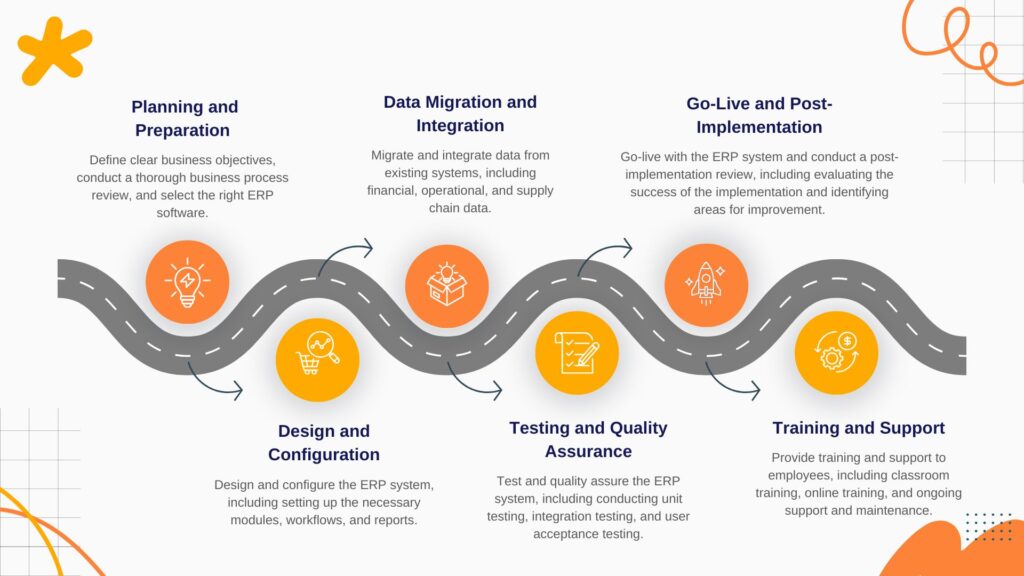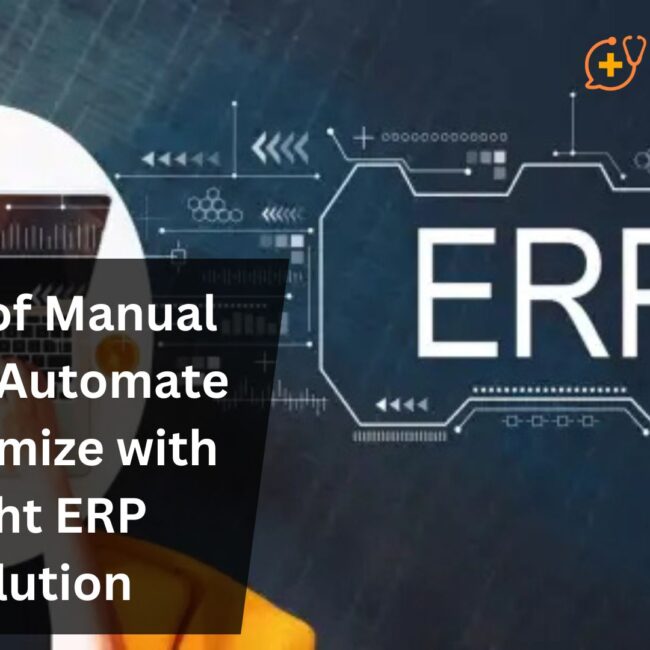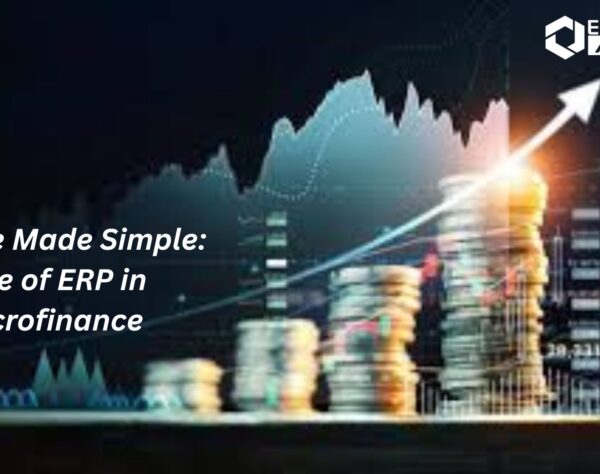
Best Practices for Implementing ERP in the Mining Industry

ERP Implementation Success in Mining: Proven Best Practices
The mining industry is a complex and dynamic sector that requires efficient and effective management of operations, finances, and resources. Enterprise Resource Planning (ERP) systems, such as SAP Business One (SAP B1), have become an essential tool for mining companies to streamline their operations, improve productivity, and reduce costs. SAP B1 is a comprehensive ERP solution that provides integrated functionality for financials, logistics, and operations, making it an ideal choice for mining companies. However, implementing an ERP system in the mining industry can be a challenging task, requiring careful planning, execution, and management. In this article, we will discuss the best practices for implementing ERP in the mining industry, including the key steps to ensure a successful implementation, the importance of change management, and the role of training and support.
Defining Clear Business Objectives
Before implementing an ERP system, it is essential to define clear business objectives and outcomes. This includes identifying the specific business processes that need to be improved, the key performance indicators (KPIs) that need to be tracked, and the desired return on investment (ROI).
Conducting a Thorough Business Process Review
A thorough business process review is essential to identify areas for improvement and opportunities for automation and streamlining. This includes reviewing current business processes, identifying inefficiencies and bottlenecks, and developing new processes that are more efficient and effective.
Selecting the Right ERP Software
Selecting the right ERP software is critical to the success of the implementation. This includes evaluating different ERP systems, assessing their functionality and features, and selecting the system that best meets the needs of the business.
Developing a Comprehensive Implementation Plan
A comprehensive implementation plan is essential to ensure a successful implementation. This includes developing a project timeline, identifying key milestones and deliverables, and allocating resources and budget.
Change Management
Change management is a critical component of any ERP implementation. This includes communicating the benefits and impact of the new system to employees, providing training and support, and addressing any resistance to change.
Training and Support
Training and support are essential to ensure that employees are able to use the new system effectively. This includes providing classroom training, online training, and ongoing support and maintenance.
Key Steps to Ensure a Successful ERP Implementation
To ensure a successful ERP implementation, mining companies should follow these key steps:

Best Practices for Mining Companies
To ensure a successful ERP implementation, mining companies should follow these best practices:
- Define clear business objectives and outcomes.
- Conduct a thorough business process review.
- Select the right ERP software.
- Develop a comprehensive implementation plan.
- Provide training and support to employees.
- Monitor and evaluate progress throughout the implementation.
FAQs for ERP Implementation in the Mining Industry
Q1: What is ERP and how can it benefit the mining industry?
A: ERP stands for Enterprise Resource Planning, which is a software system that integrates and automates business processes across an organization. ERP can benefit the mining industry by improving operational efficiency, enhancing financial management, and better supply chain management.
Q2: How long does it take to implement an ERP system in the mining industry?
A: The time it takes to implement an ERP system in the mining industry can vary depending on the complexity of the implementation, the size of the organization, and the resources available. However, a typical implementation can take anywhere from 6 to 24 months.
Q3: What are the key risks associated with implementing an ERP system in the mining industry?
A: The key risks associated with implementing an ERP system in the mining industry include data migration and integration issues, resistance to change from employees, and the potential for cost overruns and delays.
Q4: How can mining companies ensure a successful ERP implementation?
A: Mining companies can ensure a successful ERP implementation by defining clear business objectives and outcomes, conducting a thorough business process review, selecting the right ERP software, developing a comprehensive implementation plan, providing training and support to employees, and monitoring and evaluating progress throughout the implementation.
Q5: What is the role of change management in ERP implementation in the mining industry?
A: Change management plays a critical role in ERP implementation in the mining industry, as it helps to ensure that employees are prepared for and able to adapt to the changes brought about by the new system.
Q6: Can ERP systems be integrated with other systems and technologies used in the mining industry?
A: Yes, ERP systems can be integrated with other systems and technologies used in the mining industry, such as geological information systems, mine planning software, and automation systems.
Ensuring a Successful ERP Implementation in the Mining Industry
Implementing an ERP system in the mining industry can be a complex and challenging task, requiring careful planning, execution, and management. However, by following best practices and taking a structured approach, mining companies can ensure a successful implementation that delivers significant benefits and returns on investment.
By defining clear business objectives, conducting a thorough business process review, selecting the right ERP software, and providing training and support to employees, mining companies can set themselves up for success and achieve their desired outcomes.
Ultimately, the key to a successful ERP implementation in the mining industry is to approach it as a business transformation project, rather than just a technology implementation. By doing so, mining companies can unlock the full potential of ERP and achieve significant improvements in operational efficiency, financial management, and supply chain management.
Ready to transform your mining business? Explore how ERP can revolutionize your operations and secure your competitive edge in the market today!







